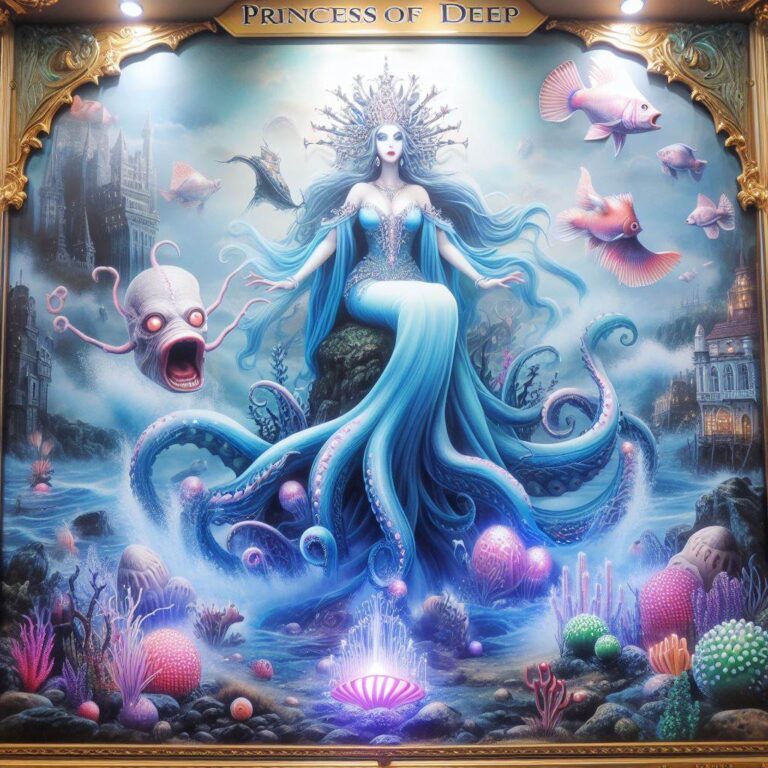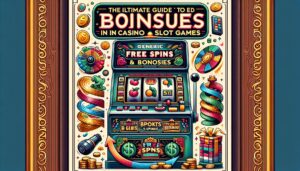Gambling has been a part of human culture for centuries, with evidence of early forms of gambling dating back to ancient times. Today, it remains a popular pastime, with millions of people participating in various forms of gambling such as lotteries, casinos, and sports betting. Despite the potential financial risks involved, people continue to engage in gambling activities, not just for monetary gain but also for the psychological thrills it provides.
The allure of gambling lies in the excitement and uncertainty it brings. The rush of adrenaline when placing a bet, the anticipation of winning, and the thrill of the unknown outcomes all contribute to the psychological appeal of gambling. This article will delve into the reasons why people gamble and the psychological thrills they experience while doing so.
The Reason Behind Gambling
At its core, gambling is a form of risk-taking behavior that involves wagering money or something of value on an uncertain outcome in hopes of winning more. Some people gamble purely for entertainment, while others see it as an opportunity to make some quick cash. Regardless of the reason, the decision to gamble is often influenced by a combination of external factors and internal motivations.
External Factors
One factor that influences people to gamble is the environment in which they are raised. Growing up in a family or community that encourages gambling can influence a person’s attitudes and beliefs towards it. Exposure to gambling at a young age can also make individuals more likely to develop a gambling habit later in life.
Another external factor is the media’s portrayal of gambling. Films and TV shows often glamorize the high life of professional gamblers and portray gambling as a shortcut to wealth and success. This idealized image can make gambling seem like an attractive and desirable activity.
Lastly, peer pressure can also play a significant role in a person’s decision to gamble. When surrounded by friends or family members who frequently gamble, individuals can feel the need to join in to fit in with the group.
Internal Motivations
Aside from external factors, certain internal motivations can also drive people to gamble. One such motivation is the desire for excitement and thrill. The uncertainty and unpredictability of gambling outcomes provide an adrenaline rush that some individuals find highly addictive.
Another motivation is the need for control. In life, there are many uncontrollable factors, and gambling can give individuals a sense of control over their finances and outcomes. It can make them feel powerful and in charge, which can be appealing to those who feel powerless in other areas of their lives.
Lastly, the allure of monetary gain is a significant motivating factor for many people. The potential to win large sums of money can be enticing, especially for those who are struggling financially. The hope and belief that their luck will change and they will hit the jackpot can be a powerful driving force to continue gambling.
The Psychological Thrills of Gambling
While the reasons behind why people gamble may vary, one thing is clear – gambling provides a range of psychological thrills that can be highly addictive. Understanding these thrills is essential in understanding why people continue to engage in gambling despite the potential risks involved.
The Rush of Adrenaline
One of the main psychological thrills of gambling is the intense rush of adrenaline it provides. The body’s natural “fight or flight” response is triggered when individuals take risks, and gambling is no exception. As individuals place bets and wait for the outcome, their heart rate increases, and adrenaline floods their body, creating a feeling of excitement and exhilaration.
The thrill of the unknown outcome also contributes to this rush of adrenaline. Unlike other activities where the outcome is predictable, gambling offers a level of uncertainty that can be highly stimulating and addictive.
The High of Winning
The feeling of winning can be euphoric and highly addictive. The release of dopamine, a neurotransmitter associated with feelings of pleasure, is triggered when individuals win. This chemical reaction in the brain reinforces the behavior and can lead to individuals seeking out the same thrill and high again and again.
The expectation of winning can also create a sense of accomplishment, making individuals feel smarter and more skilled. This can boost self-confidence and create a positive feeling, making individuals more likely to continue gambling.
The Escape from Reality
For many, gambling provides an escape from everyday life and its problems. It offers a temporary distraction from stress, anxiety, and other negative emotions. The thrill of gambling can be all-encompassing, making individuals forget about their worries and problems for a short period.
This escape from reality can also lead to the development of a gambling addiction. Individuals may continue gambling to prolong this feeling of escape and avoid dealing with their problems in a healthy manner.
The Illusion of Control
As mentioned, the desire for control can be a motivating factor for individuals to gamble. The illusion of control is a powerful psychological thrill that gambling provides. Individuals believe that their choices and actions can influence the outcome of the game, even though in reality, it is purely based on chance.
The belief that they are in control can make individuals feel more confident and in charge. This feeling can be addictive, as it reinforces the idea that they can beat the odds and win big.
The Dark Side of Gambling
While there are undoubtedly psychological thrills associated with gambling, there is also a dark side to this activity. Excessive and unhealthy gambling habits can lead to a range of negative consequences, including financial problems, family conflicts, and even mental health issues.
The thrill of winning can lead individuals to continue gambling even when they are losing, which can result in massive financial losses. This can lead to borrowing from others, selling possessions, and even resorting to illegal activities to fund their gambling habits.
The constant cycle of winning and losing can also take a toll on one’s mental health. The highs and lows of gambling can be emotionally draining, and the constant desire to replicate the thrill of winning can lead to anxiety, depression, and even suicidal thoughts.
Conclusion
In conclusion, gambling offers a range of psychological thrills that make it an appealing activity for many people. The rush of adrenaline, the high of winning, the sense of control, and the escape from reality are all factors that contribute to its addictive nature. However, it is essential to recognize the potential risks associated with gambling and exercise responsible gambling habits. Gambling should be approached as a form of entertainment and done in moderation, rather than as a way to escape problems and seek financial gain.




















